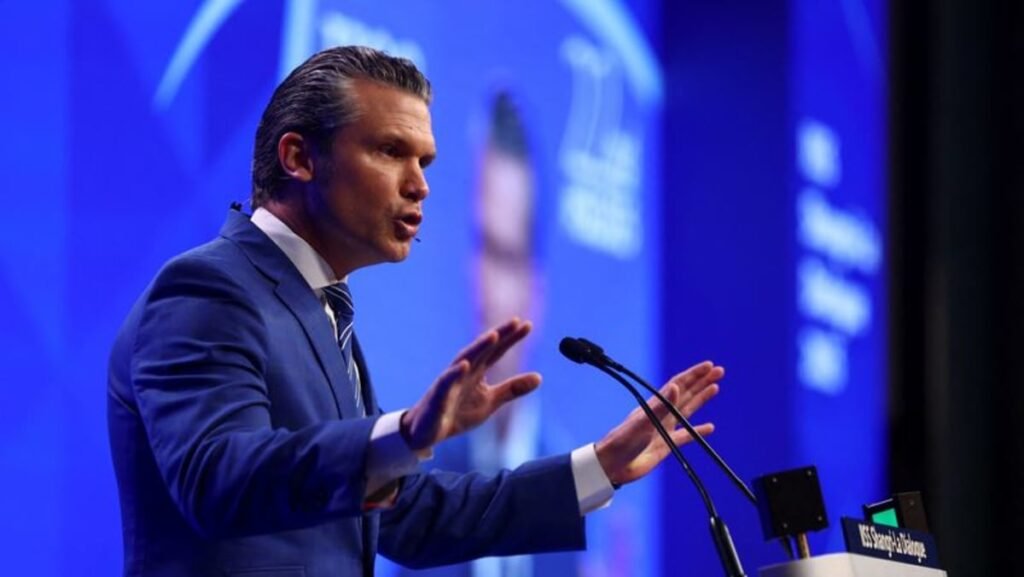As you dig deeper, the inconsistencies become more apparent.
Mr. Hegseth criticized China for showing a “lack of respect for neighbors,” yet he did not clarify how this differs from the U.S. interests in Greenland and Canada. He emphasized that the Indo-Pacific is America’s “priority theatre,” but failed to address concerns about munitions being sent to the Middle East to back U.S. operations against the Houthis.
Central to these concerns is the question: Is the U.S. genuinely committed to its shift towards Asia? This pivot was first proposed during the Obama era, but Washington has struggled to implement it effectively due to ongoing issues in the Middle East and Europe.
While Mr. Hegseth referenced Singapore’s founding Prime Minister, Mr. Lee Kuan Yew, during his speech, it would be beneficial for U.S. officials to reflect on Mr. Lee’s insights regarding America’s strengths and weaknesses from a decade ago.
According to Mr. Lee, while America’s “creativity, resilience, and innovative spirit” enable it to tackle and overcome its major challenges, the U.S. can’t simply treat Asia as a film that can be paused and restarted. “It doesn’t work that way,” he stated. “If the United States aims to significantly influence the strategic trajectory of Asia, it cannot keep coming and going.”
Indeed, simply talking is insufficient. The U.S. must demonstrate its commitment and prove its reliability to the region.
Kevin Chen is an Associate Research Fellow with the U.S. Programme at the S Rajaratnam School of International Studies (RSIS), Nanyang Technological University (NTU), Singapore.

